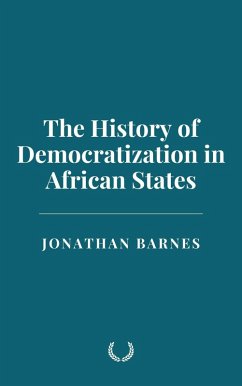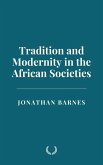The book examines the influence of colonialism on Africa's political structures, highlighting the ways in which artificial borders and ethnopolitical divisions have fueled conflicts and hindered democratic progress. It delves into the era of authoritarianism, where many African leaders used coercion and repression to maintain power, and traces the shift toward multiparty systems and the growing demand for democracy in the late 20th and early 21st centuries. The narratives of conflict and peacebuilding in countries such as Rwanda, South Africa, and Liberia reveal the resilience of African societies in the face of violence, while the successes and setbacks in countries like Ghana, Kenya, and Nigeria underscore the complexities of establishing free, fair, and inclusive elections.
With an eye toward the future, the book examines the role of civil society, the media, and technology in shaping democratic engagement and accountability across the continent. It discusses the potential of digital platforms for political mobilization, as well as the risks of digital authoritarianism. The book also analyzes the role of regional organizations such as the African Union (AU) and ECOWAS, which have contributed to peacebuilding and governance reforms, while acknowledging the difficulties in enforcing democratic principles at the regional level.
Ultimately, the book presents Africa's democratization as a work in progress, one marked by significant challengessuch as weak institutions, corruption, and political instabilitybut also immense opportunities. The analysis draws on primary sources, historical events, and the perspectives of key scholars and political actors, offering a comprehensive understanding of Africa's political landscape and the path toward a more democratic future.
Dieser Download kann aus rechtlichen Gründen nur mit Rechnungsadresse in A, B, CY, CZ, D, DK, EW, E, FIN, F, GR, H, IRL, I, LT, L, LR, M, NL, PL, P, R, S, SLO, SK ausgeliefert werden.









